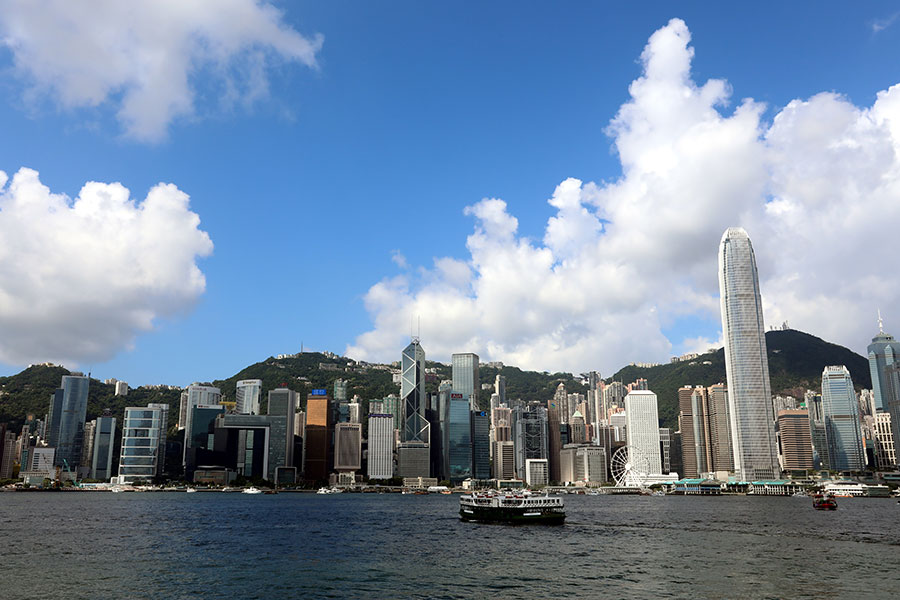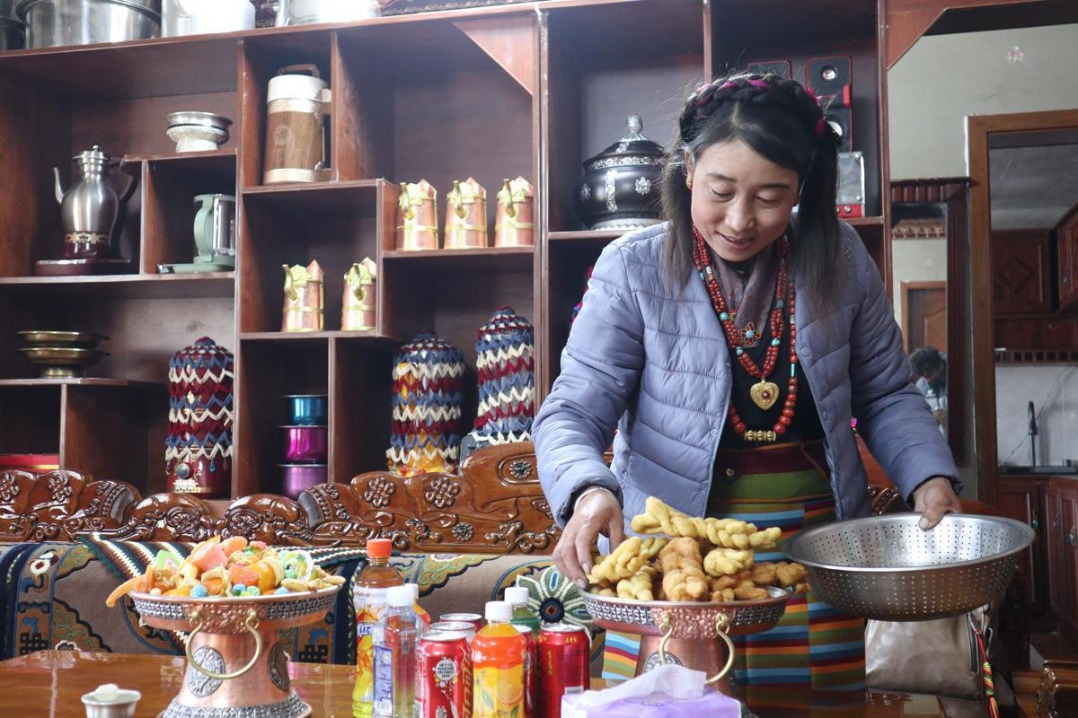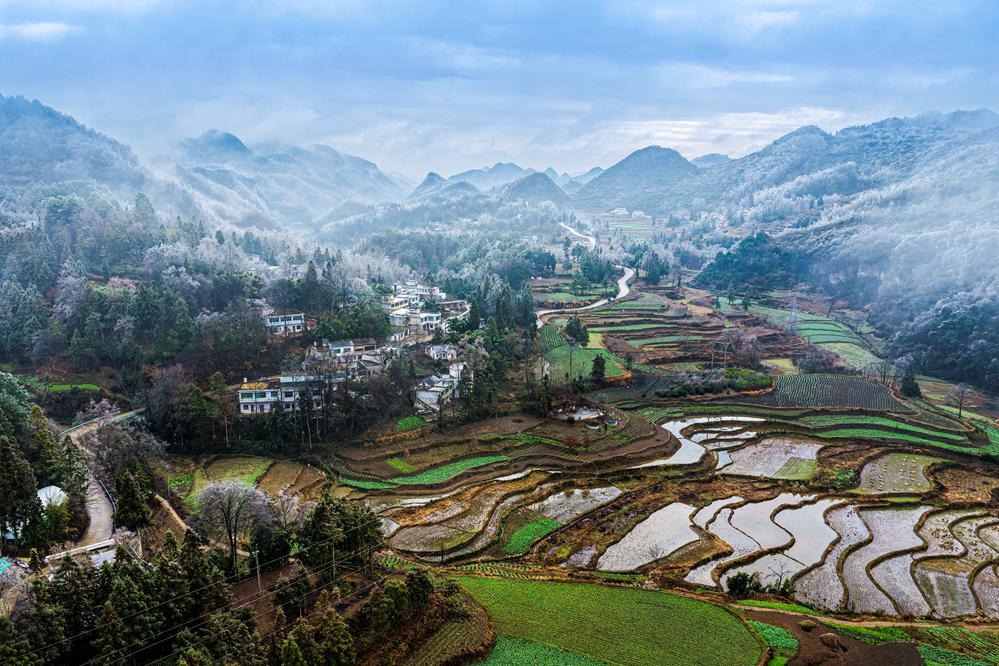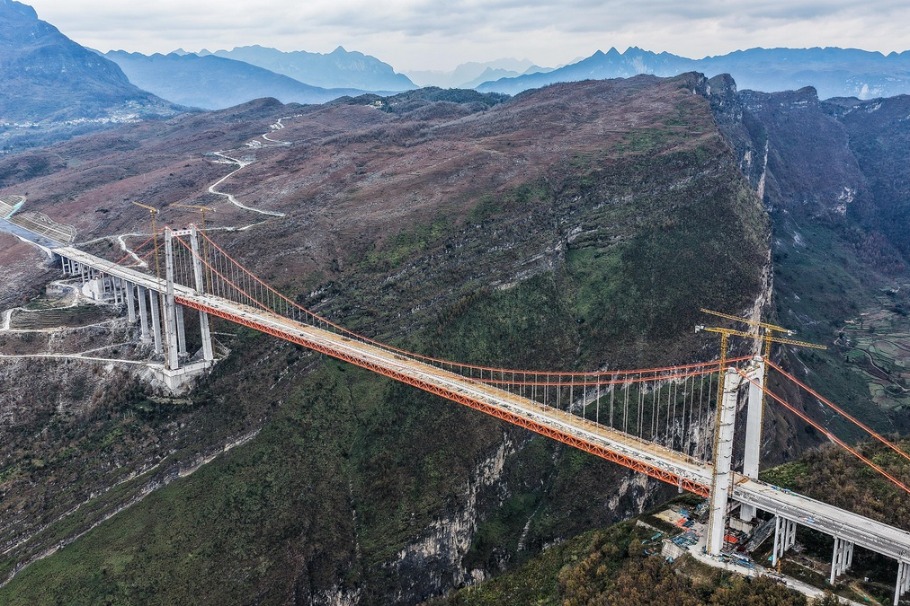Are democracy and freedom suppressed in Hong Kong?
Mike Pompeo: The CCP has tightened its grip on Hong Kong, where democracy and freedom are suppressed.


US Secretary of State Mike Pompeo, in his recent speech at the Richard Nixon Presidential Library, negated every aspect of China-US relations, maliciously attacked the leadership of the Communist Party of China (CPC) and China's political system, and attempted to drive a wedge between the CPC and the Chinese people. He also wantonly criticized China's domestic and foreign policies, spread the so-called "China threat", and called for an anti-China alliance to contain China's development.
Pompeo's baseless, fact-distorting speech misrepresents history and the reality. It is full of ideological prejudice and driven by a Cold-War mentality. His remarks have not only been condemned by the Chinese people, but also criticized and opposed by sensible people in the United States as well as the international community.
To debunk the lies fabricated by Pompeo, let the facts speak for themselves.
Rumor:
Mike Pompeo: The CCP has tightened its grip on Hong Kong, where democracy and freedom are suppressed.
Fact:
For more than 150 years under the British colonial rule, there were no democracy in Hong Kong, as none of the governors were elected by the Hong Kong people, and its legislators were directly appointed by the governor for most of the time. In sharp contrast, after Hong Kong's return to the motherland, the Hong Kong Special Administrative Region (HKSAR) enjoys executive, legislative and independent judicial power, including that of final adjudication, in accordance with the Basic Law of the HKSAR. Hong Kong people have been running their own affairs in the HKSAR with a high degree of autonomy. Hong Kong residents enjoy unprecedented and extensive democratic rights and freedoms, which is an undeniable truth for all people without prejudice.
-- It is enshrined in the constitutions of more than 100 countries that the exercise of basic rights and freedoms shall not endanger national security. The International Covenant on Civil and Political Rights makes it clear that freedoms of religious belief, expression and peaceful assembly, the right to a public trial and other rights may be subject to restrictions that are necessary to protect national security, public order among others. There are similar provisions in the European Convention on Human Rights. What has happened in Hong Kong over the past year clearly reveals that it is impossible for Hong Kong to achieve prosperity and stability without safeguarding national security. During the turbulence over the amendment bill last year, the rioters flagrantly preached "Hong Kong independence", engaged in mass illegal violent activities, vandalizing facilities and attacking innocent civilians. They challenged the governance of the HKSAR government and escalated their violent terrorist activities. External forces became emboldened in their unlawful meddling in Hong Kong affairs. These have gravely threatened the life and property of Hong Kong residents and undermined investor confidence. The main reason for the instability and chaos was that the foundation of national security was not firm enough. The enactment of the law on safeguarding national security in Hong Kong is aimed to plug loopholes in the HKSAR national security legislation.
-- The legislation only targets four types of offences, namely, secession, subversion, terrorist activities and collusion with a foreign country or with external elements to endanger national security. It is designed to deter and punish a handful of criminals seriously jeopardizing national security, and to protect the overwhelming majority of law-abiding Hong Kong people. All efforts and law enforcement relating to safeguarding national security will be conducted in strict accordance with legal provisions, mandates and procedures. The legislation will not affect the rights and freedoms, including those of speech, of the press, of publication and of assembly that Hong Kong residents enjoy under the law. It will enable them to better exercise their lawful rights and freedoms in a secure environment.
-- The enacted legislation will not affect the rights and freedoms enjoyed by Hong Kong residents under the law. It will not affect the HKSAR's independent judicial power, including that of final adjudication. There will be no change to the policy of "one country, two systems", the capitalist system practiced in the HKSAR, the high degree of autonomy, or the legal system of the HKSAR. The legislation will better safeguard the lawful rights and freedoms of Hong Kong residents, ensure its high degree of autonomy, and create conditions for resolving deep-rooted problems concerning its economy and livelihood. It will contribute to Hong Kong's rule-of-law and business environment, address the concerns in the business communities on social turbulence, and create better conditions for people around the world who are willing to work, invest and live in Hong Kong.
-- The legislation meets the aspiration of the people. Nearly 3 million Hong Kong residents signed up in support of the law in just eight days. An online signing campaign against external interference by the US and other forces have got support from 1.65 million people in half a month. The Hong Kong General Chamber of Commerce and other chambers of commerce made announcements to support the legislation, pointing out that it is monumental in Hong Kong's future development and will help restore social stability. None of the 4,000 regional headquarters and offices of multinationals operating in Hong Kong left the city. The Hang Seng Index kept opening higher and maintained an up-trend after the implementation of the legislation and despite the US announcement of revoking Hong Kong's special status. All these have directly reflected that the legislation is favored by the financial market.
- Jilin winter fishing festival fetches record auction, visitors
- China pushes higher education reform with focus on tech and industry
- Emergency crews battle wildfire in Shenzhen
- China CDC urges precaution amid surge in rhinovirus cases
- Govt to streamline health insurance payments over next 3 years
- China urges global vigilance against revival of Japanese militarism





































